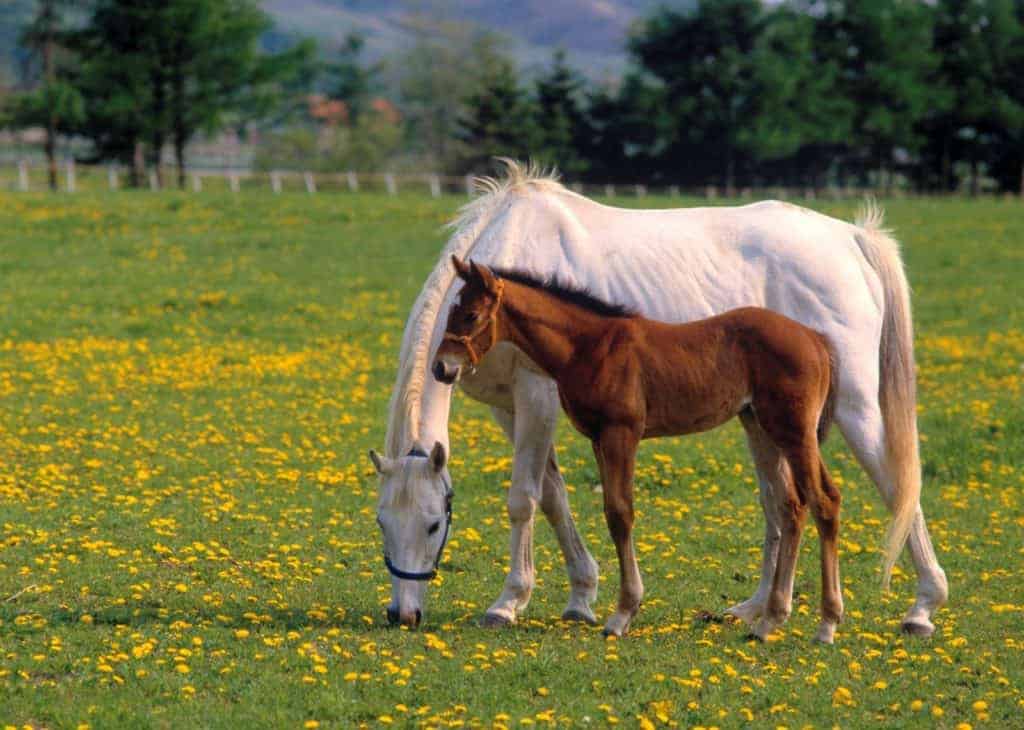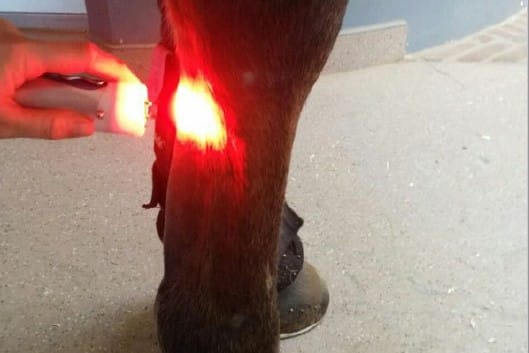
Understanding Contagious Equine Metritis
Review how CEM spreads between horses, the most recent outbreaks, and biosecurity measures to prevent outbreaks in breeding and other horses.

Review how CEM spreads between horses, the most recent outbreaks, and biosecurity measures to prevent outbreaks in breeding and other horses.

Owner-provided information and a thorough lameness examination can help veterinarians start meaningful investigations into front foot lamenesses.

Although horses have long been exposed to the virus, its rare detection in a Pennsylvania horse is not currently a reason for concern.

An equine nutrition expert addresses toplines, horse protein needs, and if whey is the way to go.

Consider the benefits of including veterinarians in your horse’s preventive care this spring.

Learn how to adjust your mare’s diet to support a healthy pregnancy, ensure adequate milk production, and maintain her body condition during this critical time.

Learn how to tailor your mare and foal’s feeding program from late pregnancy to weaning with expert guidance.

Two equine biomechanics researchers share insight on how to properly use equine training aids such as elastic bands, longeing systems, and various rein rigs.

Researchers found ciclesonide is effective when treating young racehorses with moderate equine asthma over a short period of time.

Testing asymptomatic horses for EHV-1 at equestrian events is crucial for early detection and preventing potential outbreaks.

Researchers found that a schizophyllan and hyaluronan supplement might help veterinarians and owners manage EGUS.

Researchers are currently working to develop an RNA vaccine for EHV-1 and -4. Here’s what they know so far.

A USEF veterinarian shares important biosecurity information for those planning to host or attend competitions this year.

The new vaccine in development paves the way for more effective immunization against the diarrhea-inducing virus in equine neonates.

Learn more about Class IV laser treatments, the current research, and opportunities for further advancement.

Horses give us plenty of cues when they’re dealing with early illness. To help you recognize them and intervene accordingly, here is a 10-point list of warning signs.
Stay on top of the most recent Horse Health news with
"*" indicates required fields